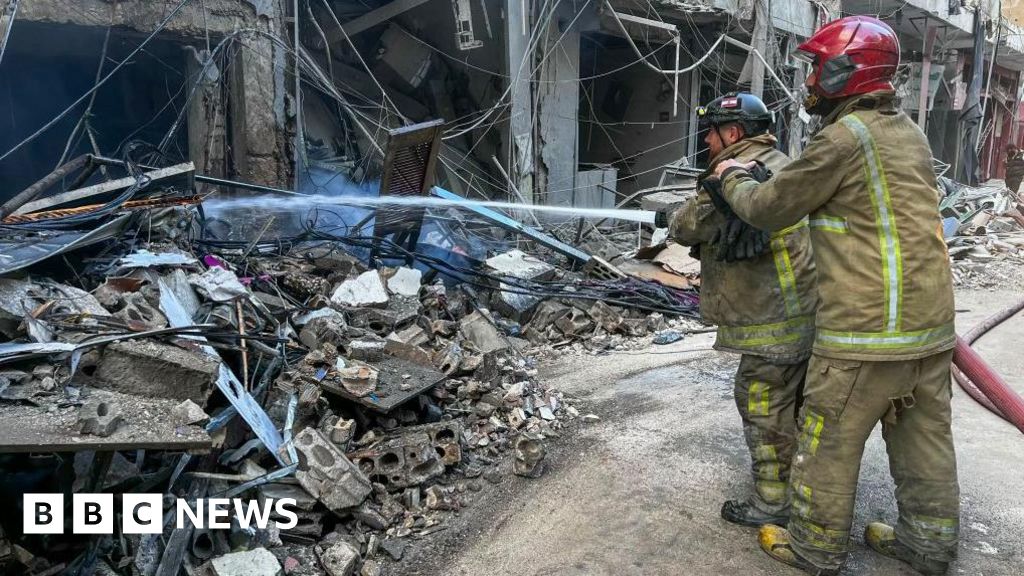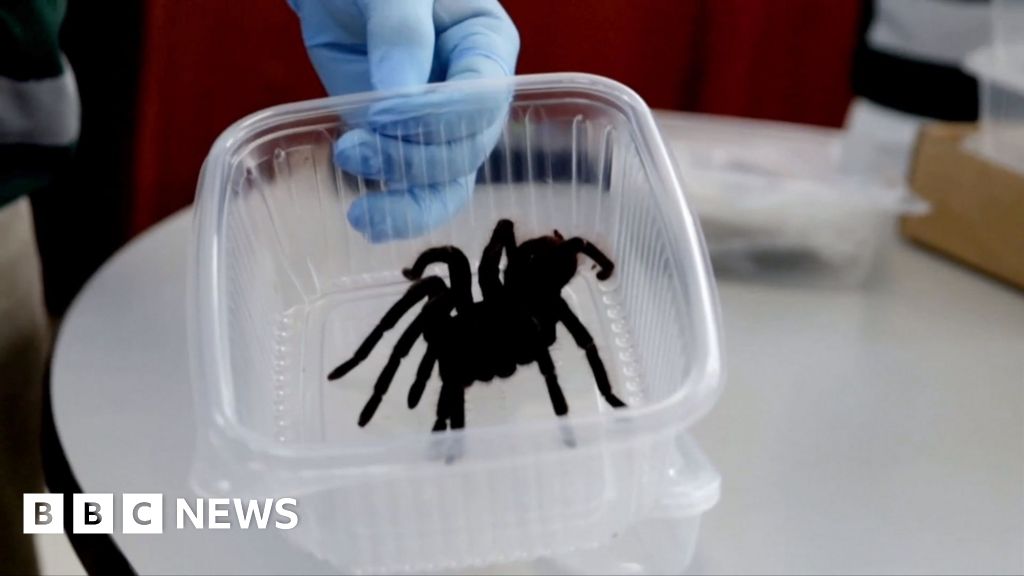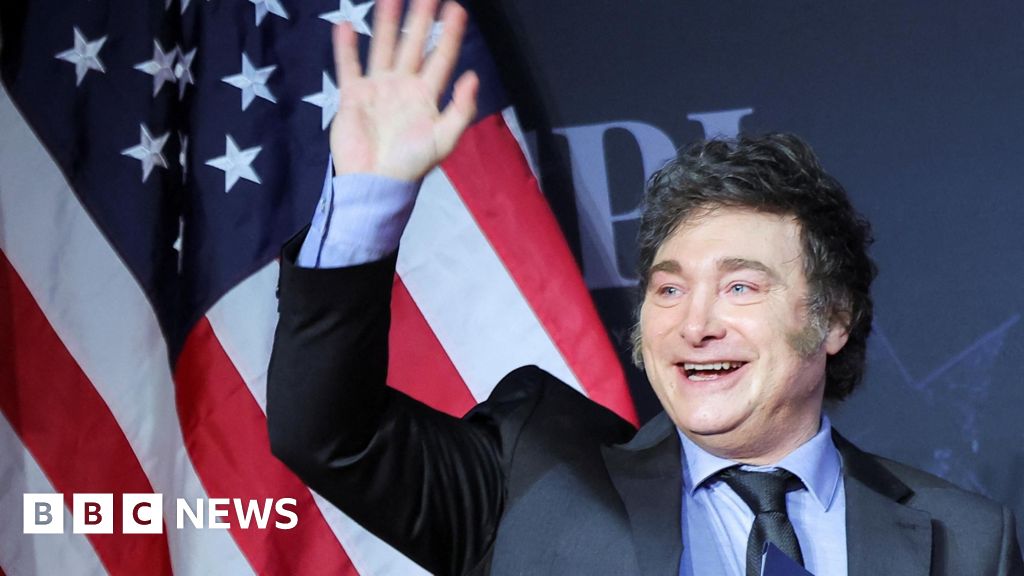ARTICLE AD BOX
Image source, Reuters
Image caption, Fumio KishidaFumio Kishida has formally taken office as Japan's new prime minister, succeeding Yoshihide Suga who resigned after just one year in office.
Mr Kishida, 64, won the race to lead Japan's ruling Liberal Democratic Party (LDP) last week.
He will face a range of tough issues, including post-pandemic economic recovery and threats from North Korea.
He will also hope to help his party regain popularity after its unpopular push to host the Tokyo Olympics.
The move to go ahead with the event was despite massive public opposition amid concerns over a surge in Covid cases.
Mr Suga decided to step down as prime minister after a year in office due to plummeting poll ratings caused by the handling of the pandemic.
Mr Kishida will now lead the LDP into a general election that must be held by November. Local media reports say Mr Kishida is expected to call for polls by 31 October.
He has long targeted the prime ministerial role, losing out to Mr Suga in last year's poll.
"My skill is to really listen to people," Mr Kishida said after securing his win as LDP leader last week. "I'm determined to make efforts with everyone for an open LDP and a bright future for Japan".
When Mr Kishida launched his LDP campaign earlier this year, his initial promise to shake up the party's leadership and impose term limits irked senior executives.
However, he has since come to be viewed as an establishment candidate, a key factor in today's win over the reform-minded vaccination minister Taro Kono, who was heavily favoured by the public and had been seen as the person earmarked for the top job.
In order to maintain his support, Mr Kishida may have to toe the line on party reforms and ensure he also caters to its conservative elements.
If he fails to do so, Mr Kishida risks emulating Mr Suga in having a short tenure as leader, heralding a return to the pre-Abe "revolving door" era which saw six prime ministers between 2006 and 2012.
Who is Fumio Kishida?
- Mr Kishida, 64, hails from a political family. Both his father and grandfather were members of the country's House of Representatives
- He became the longest-serving foreign minister, holding the post from 2012 to 2017
- A Hiroshima native, he opposes the use of nuclear weapons, having seen the impact on his home town
- Mr Kishida arranged President Barack Obama's 2016 visit to Hiroshima, the first visit to the bombed city by a sitting US president

 3 years ago
33
3 years ago
33








 English (US)
English (US)